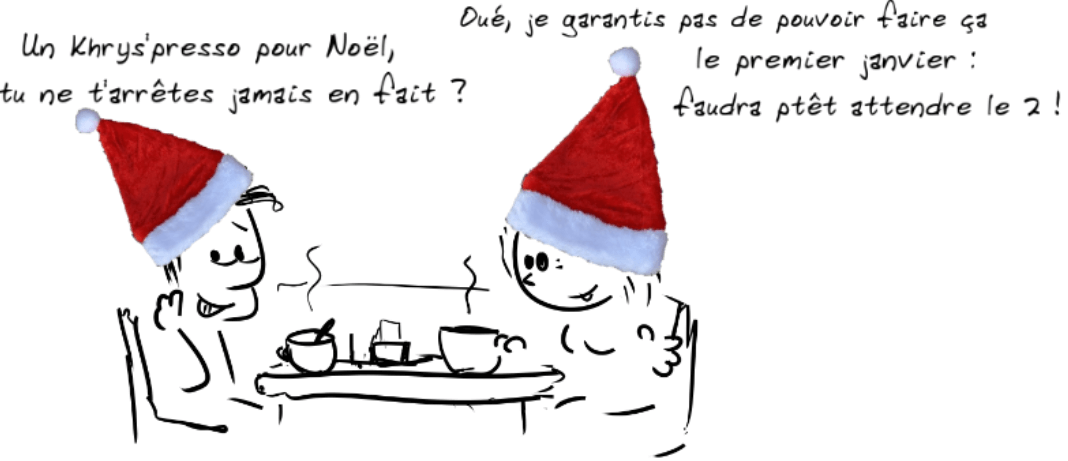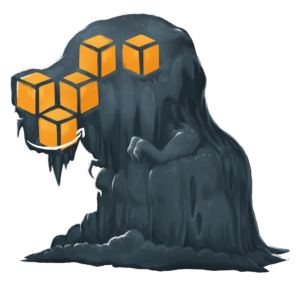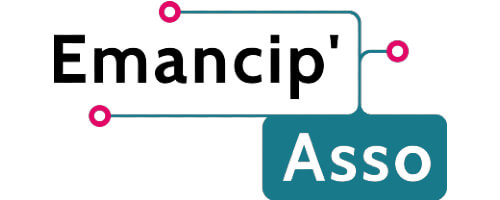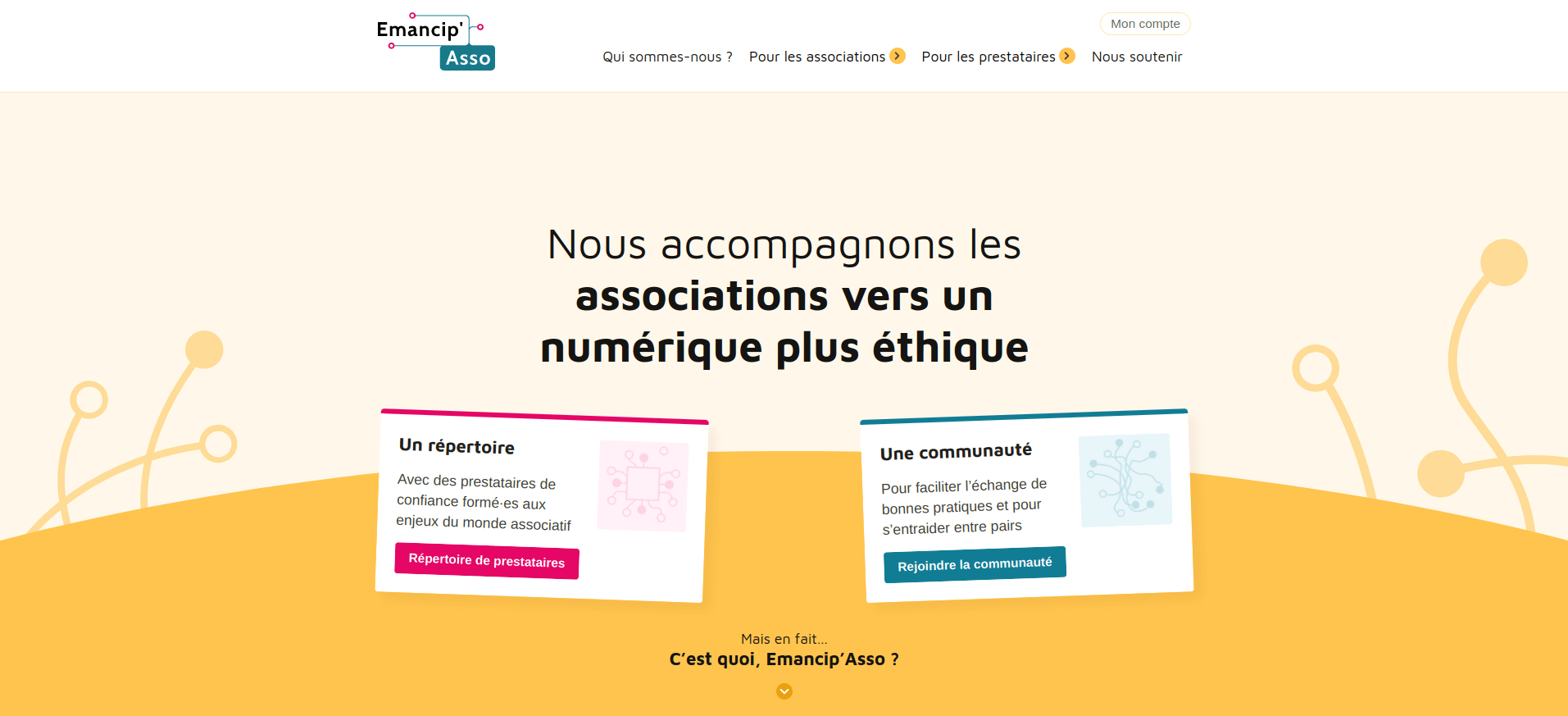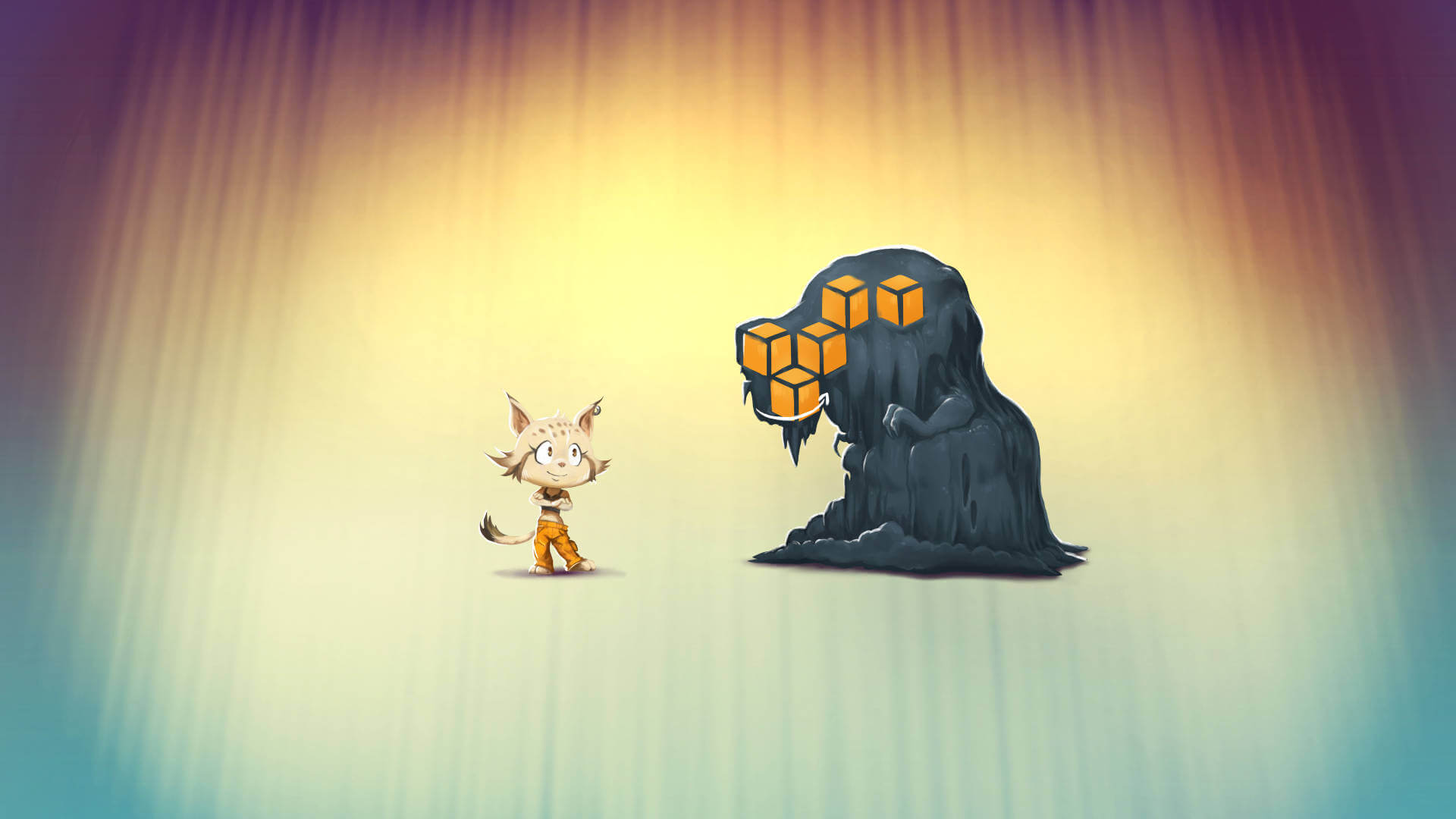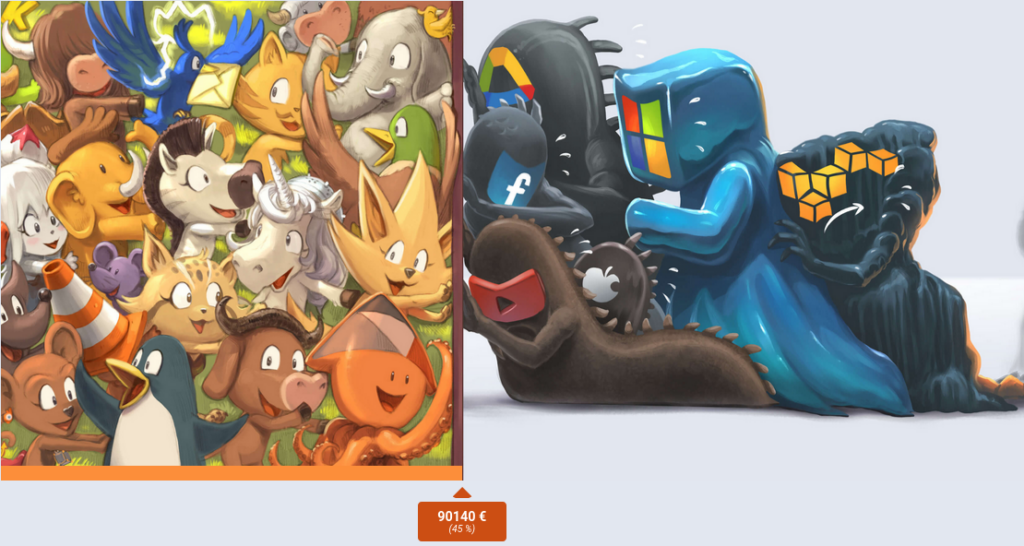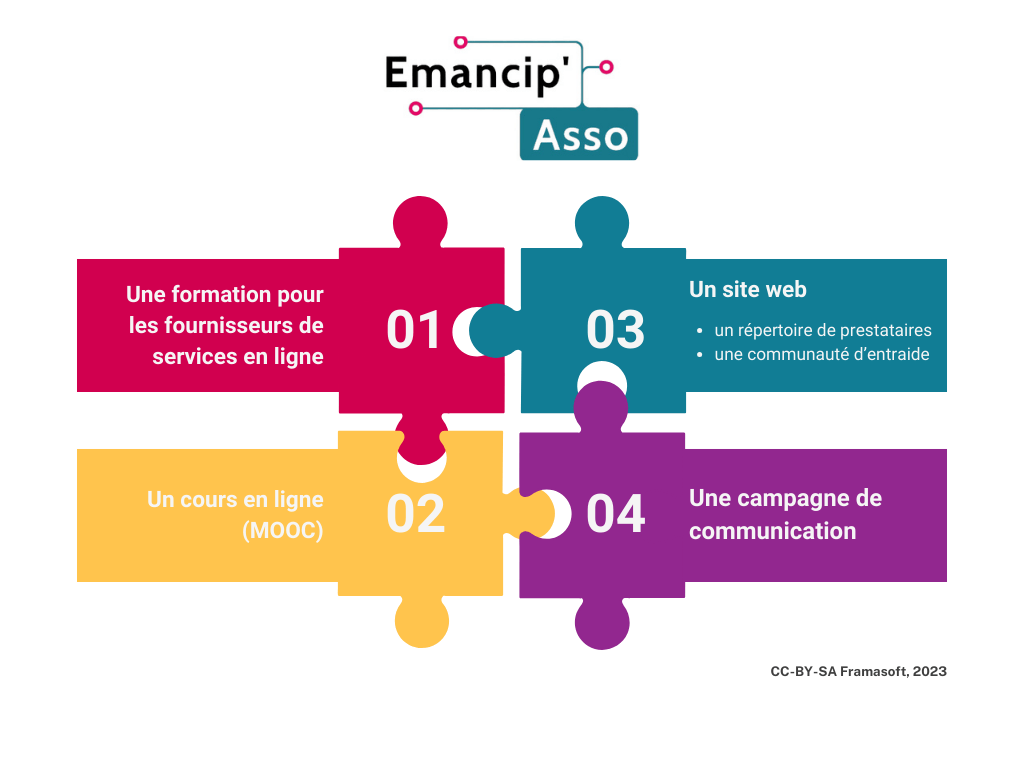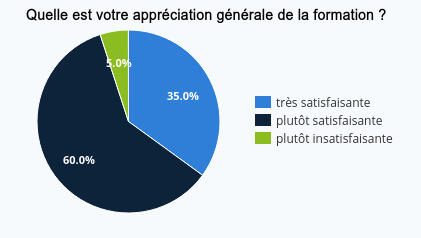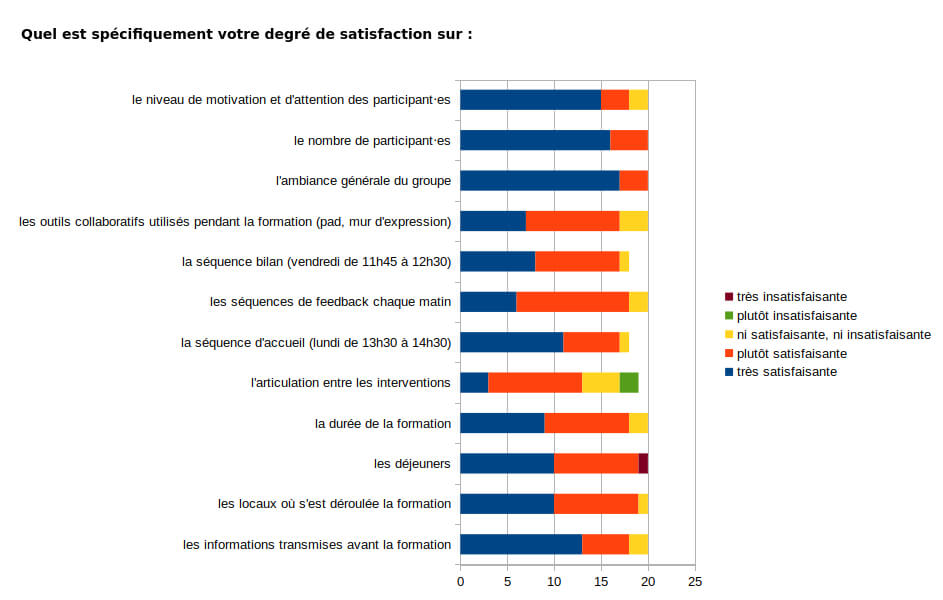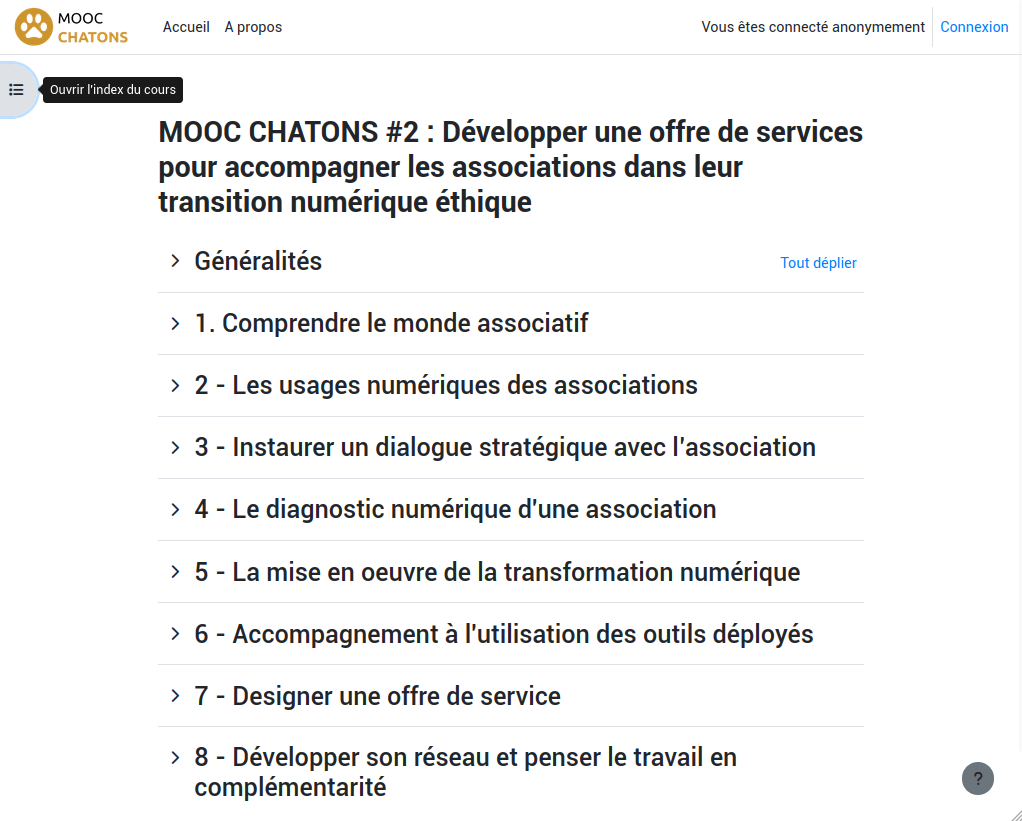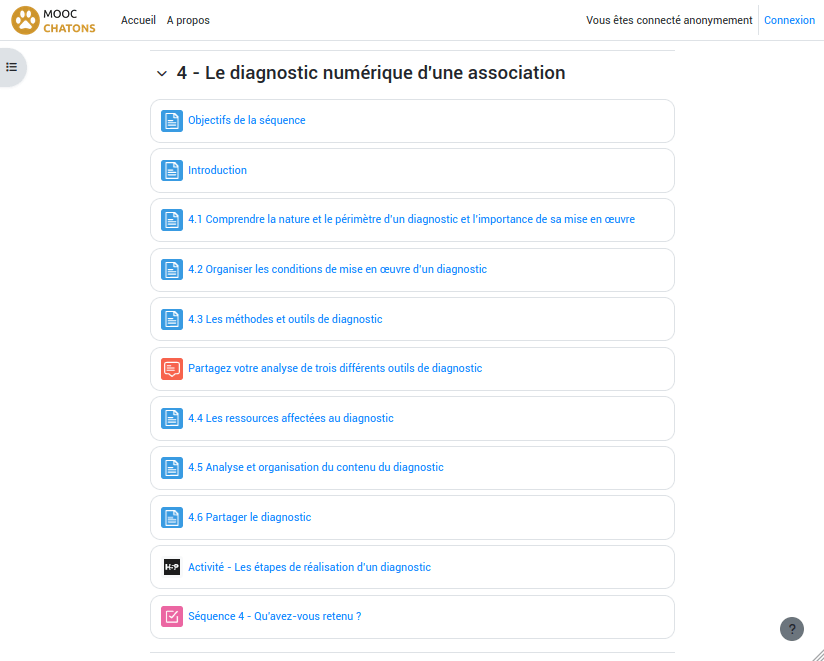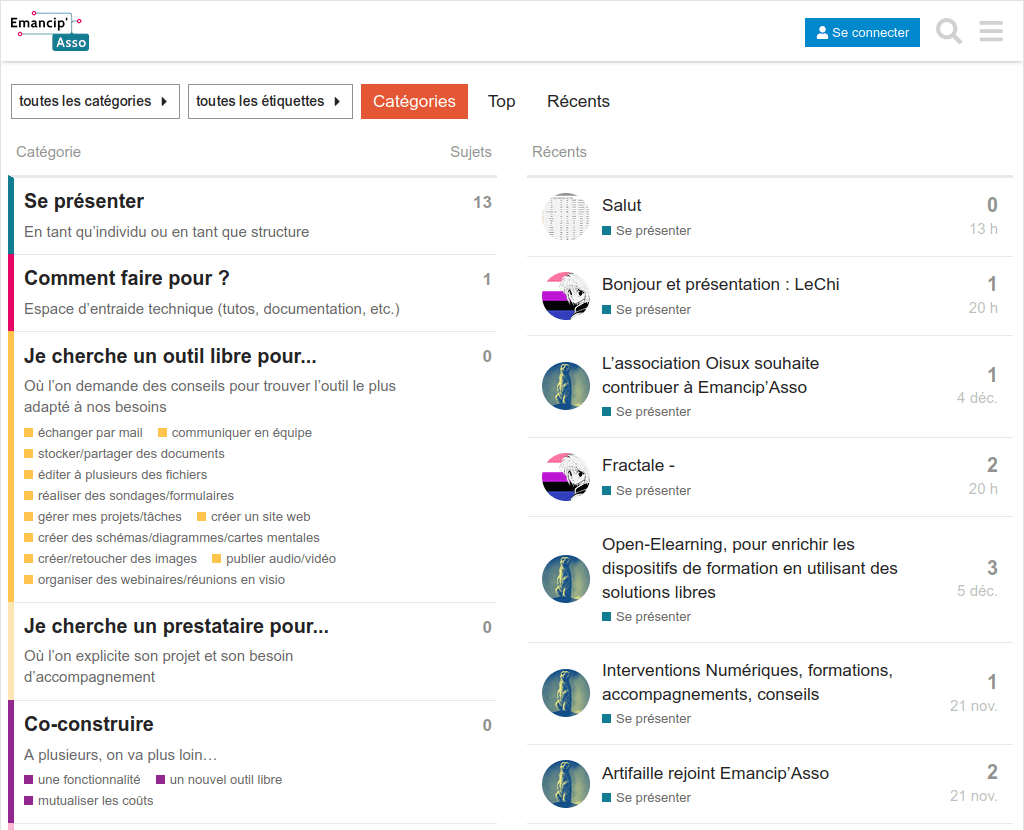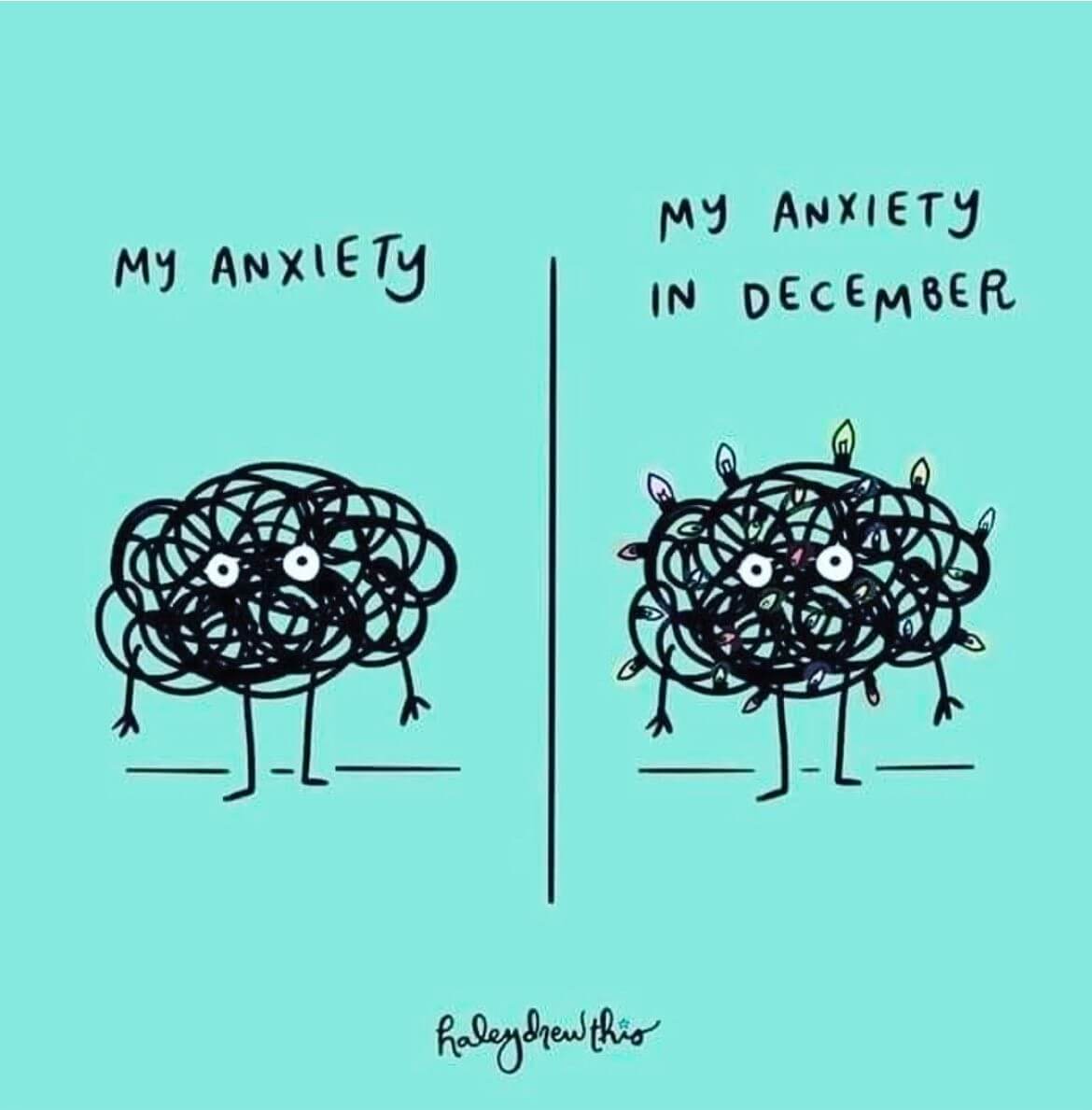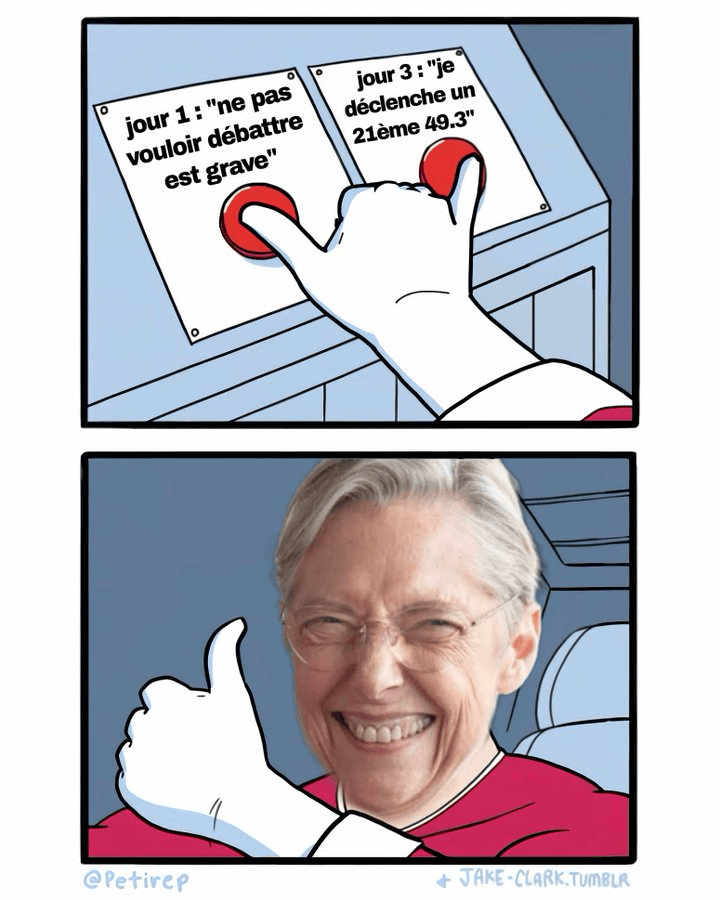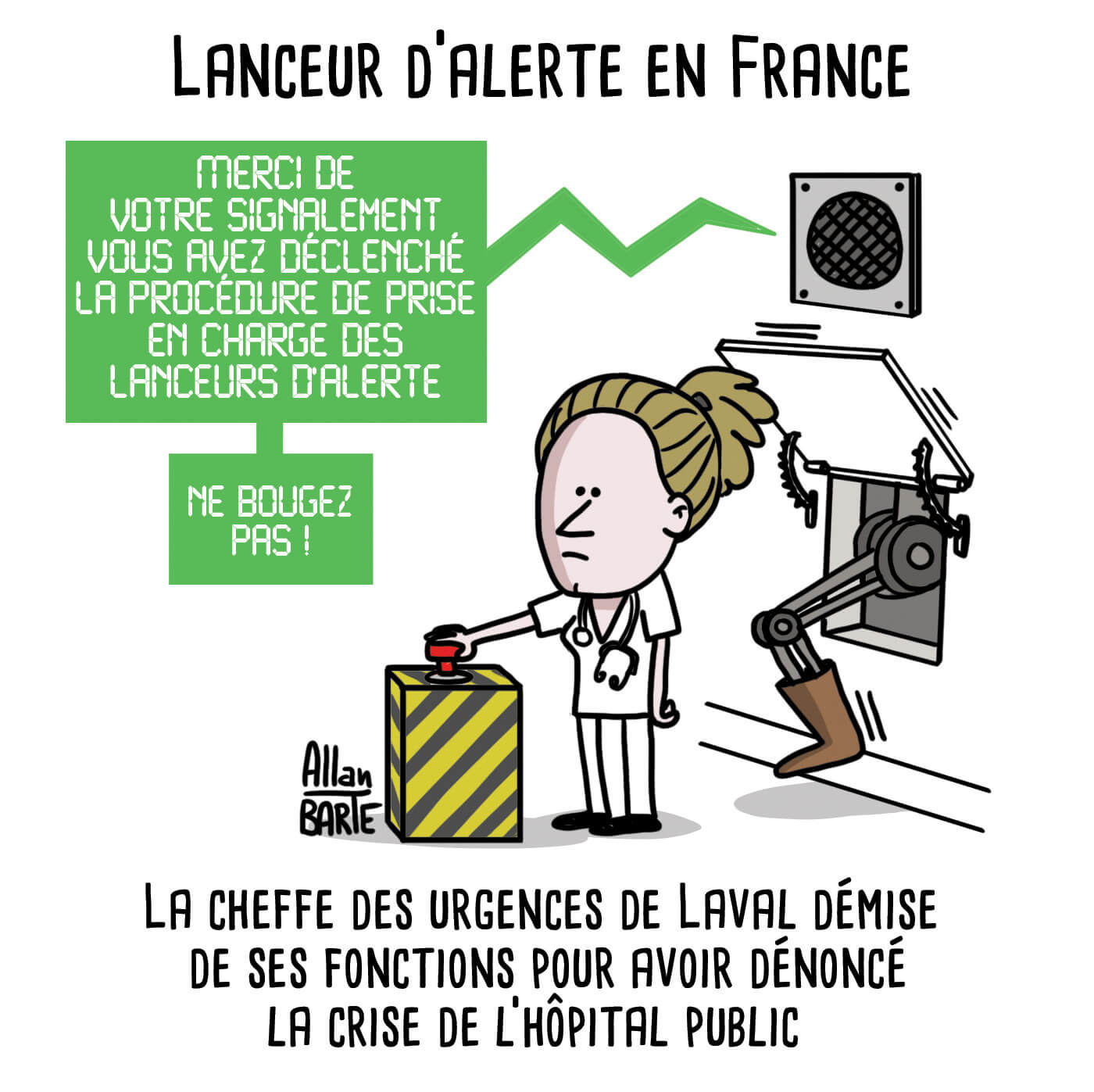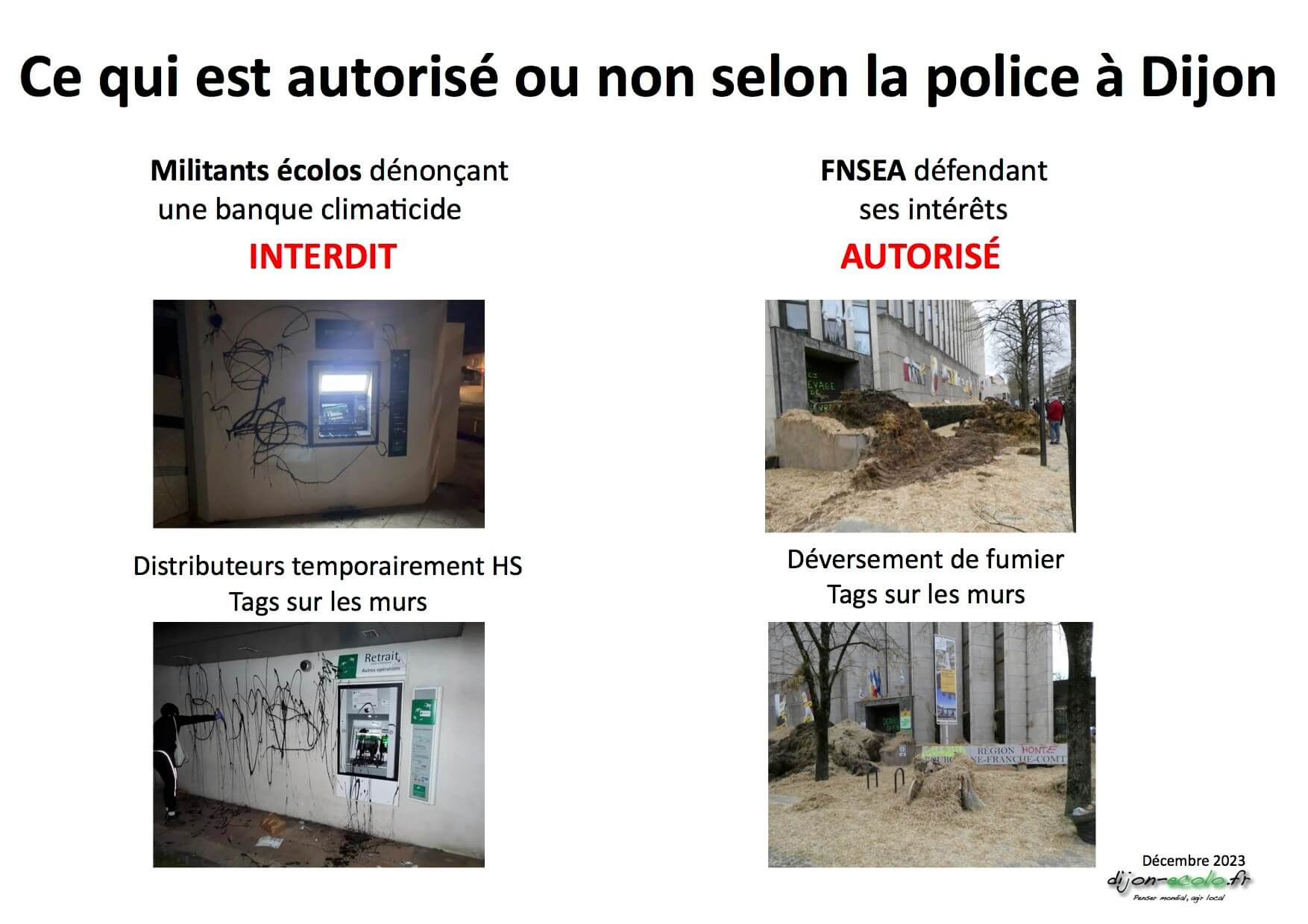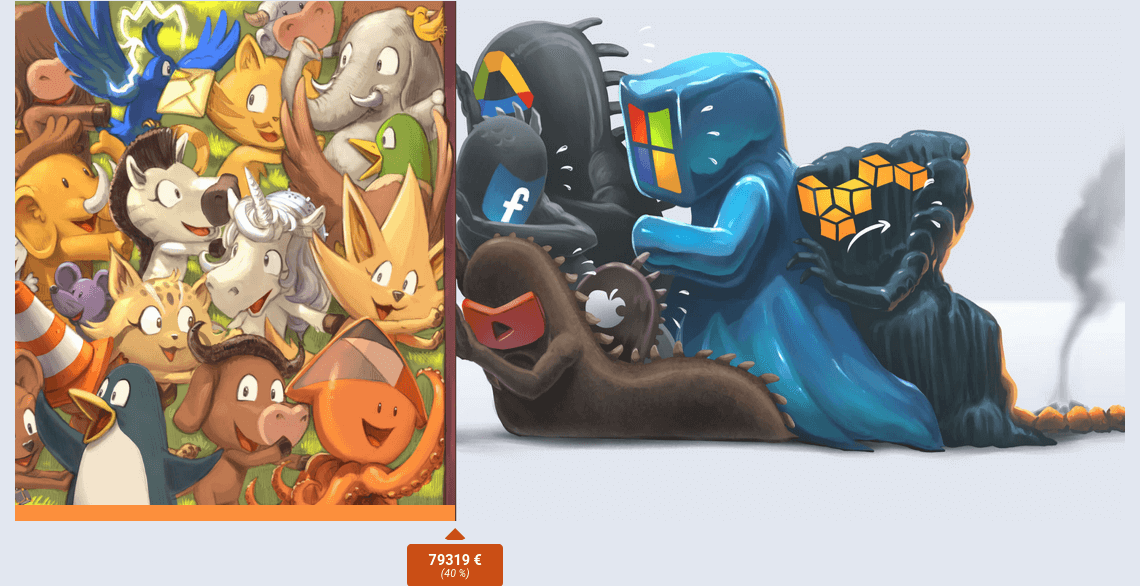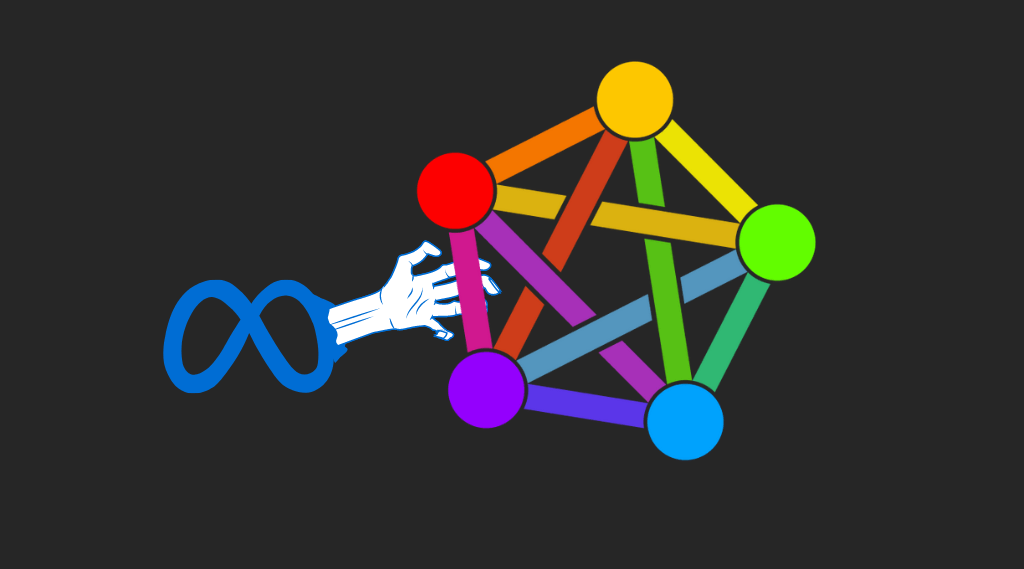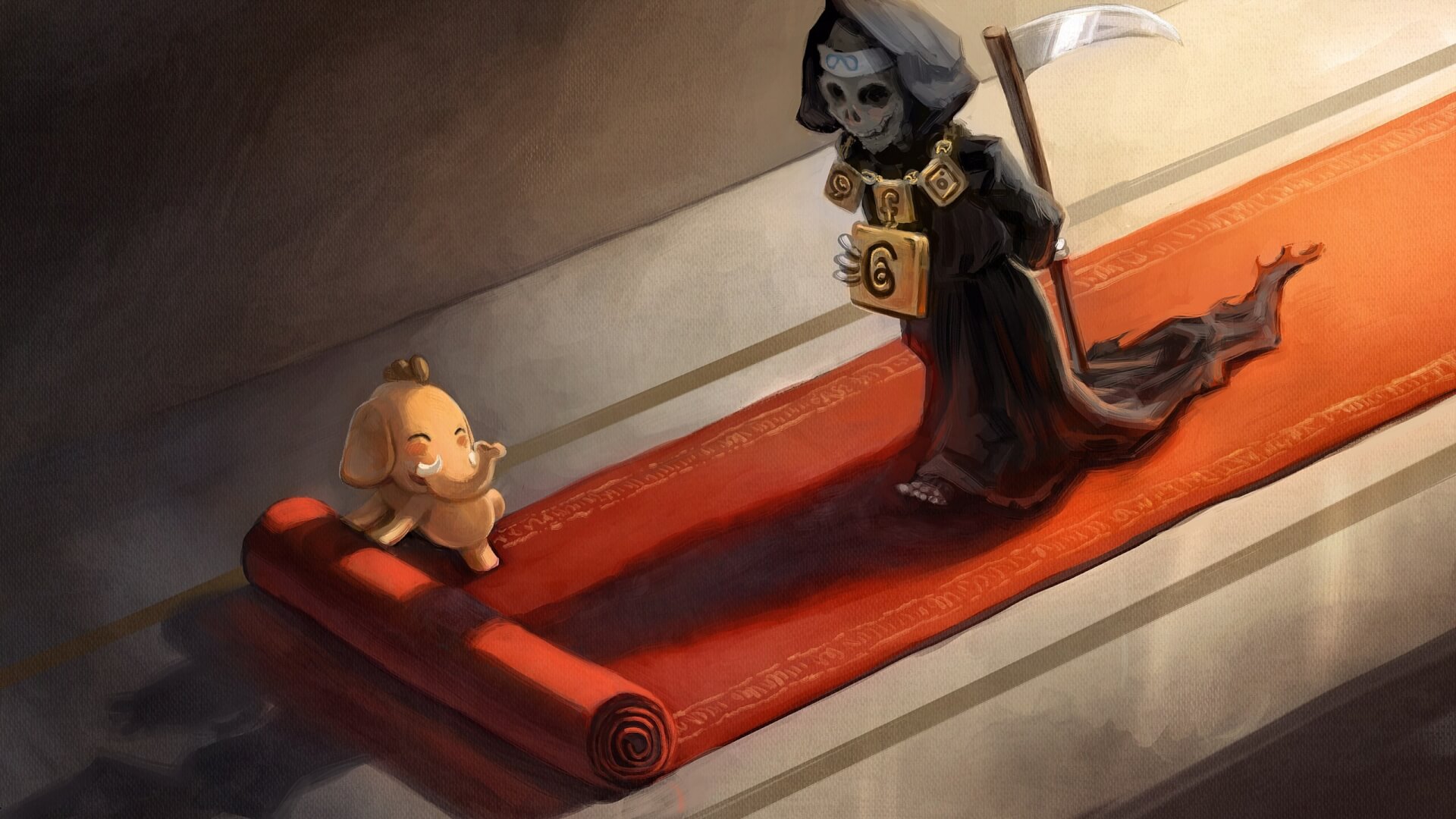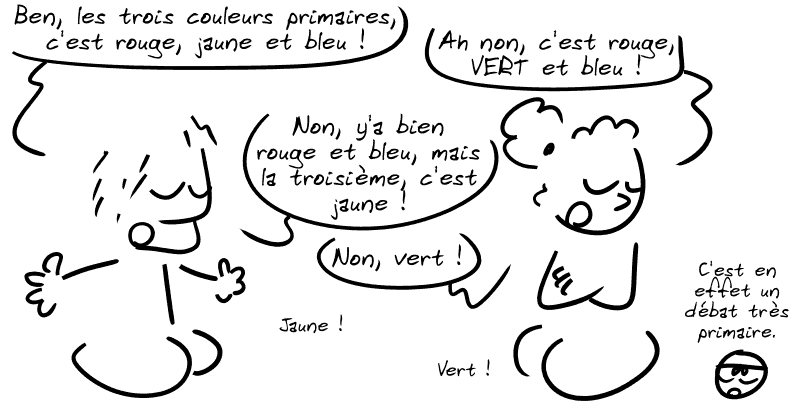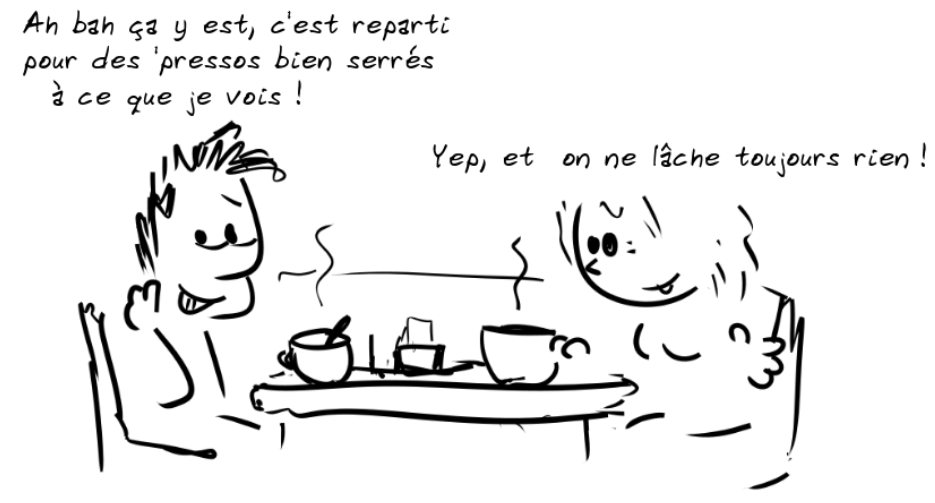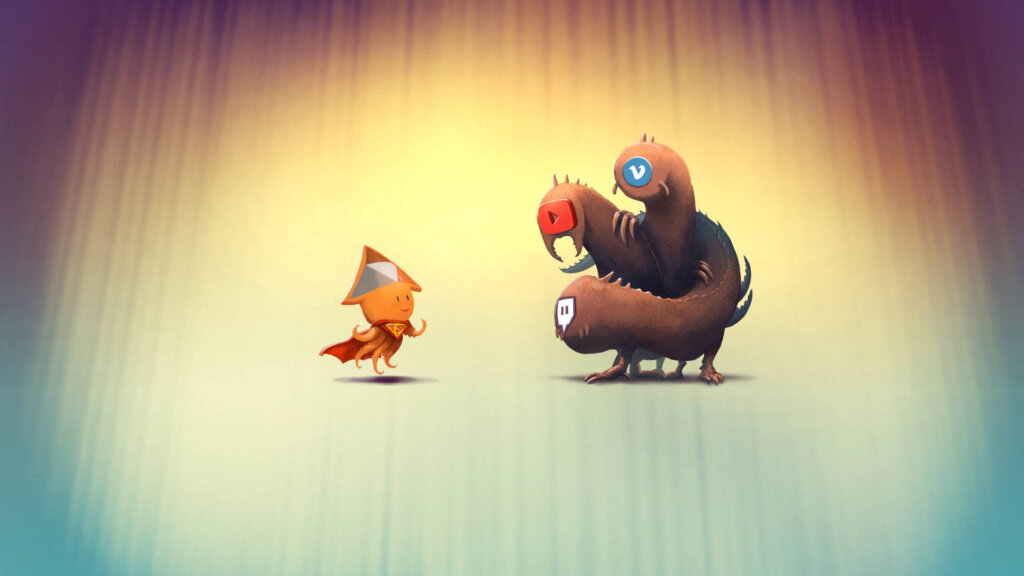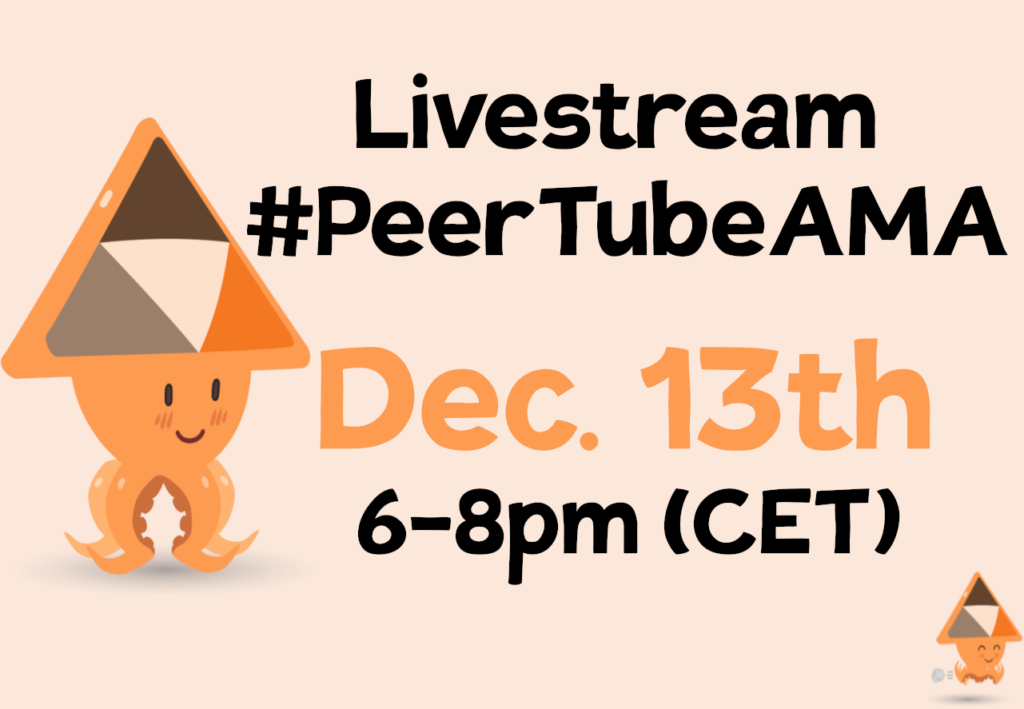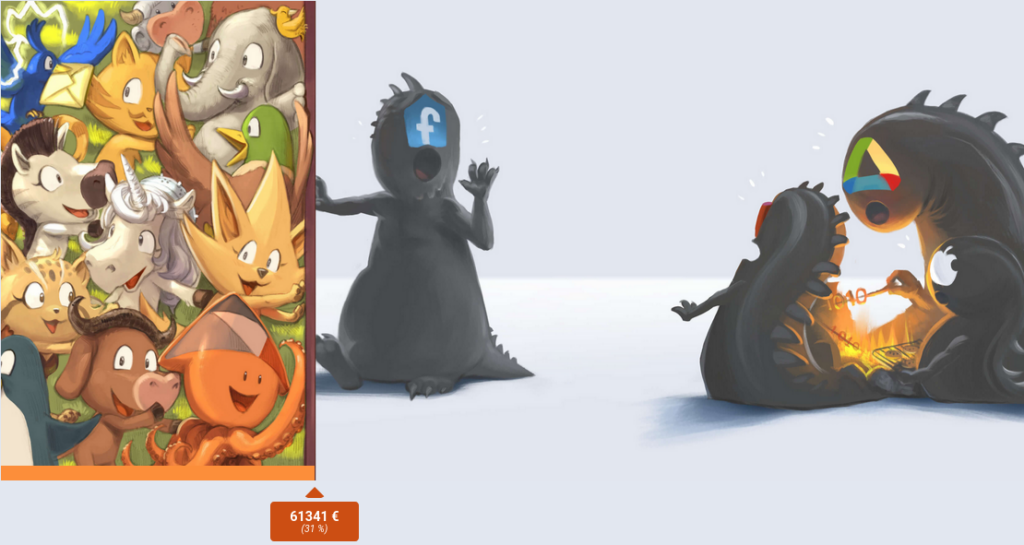Khrys’presso du lundi 25 décembre 2023
lundi 25 décembre 2023 à 07:42Comme chaque lundi, un coup d’œil dans le rétroviseur pour découvrir les informations que vous avez peut-être ratées la semaine dernière.
Tous les liens listés ci-dessous sont a priori accessibles librement. Si ce n’est pas le cas, pensez à activer votre bloqueur de javascript favori ou à passer en “mode lecture” (Firefox) ;-)
Brave New World
- Building Blocks of a Digital Caste Panopticon : Everyday Brahminical Policing in India (logicmag.io)
- Élection présidentielle en Russie : une candidate anti-guerre interdite de se présenter (liberation.fr)
La journaliste et ex-élue municipale Ekaterina Dountsova, qui demande la fin de l’agression russe envers l’Ukraine, a vu sa candidature à la présidentielle de mars prochain être annulée par la Commission électorale pour des « erreurs dans des documents ».
- Désinformation : l’UE déclenche une procédure formelle d’infraction visant X (france24.com) – voir aussi Le réseau social X, ex-Twitter, désormais visé par une « enquête formelle » de l’Europe (liberation.fr)
- Après des années de négociations, l’Union européenne trouve un accord pour assouplir ses règles budgétaires (liberation.fr)
Les Vingt-Sept ont trouvé un compromis ce mercredi 20 décembre pour desserrer la sacro-sainte règle des 3 % de déficit et de 60 % de dette.
- À Rome, Elon Musk se fait le porte-voix de l’extrême droite (heidi.news)
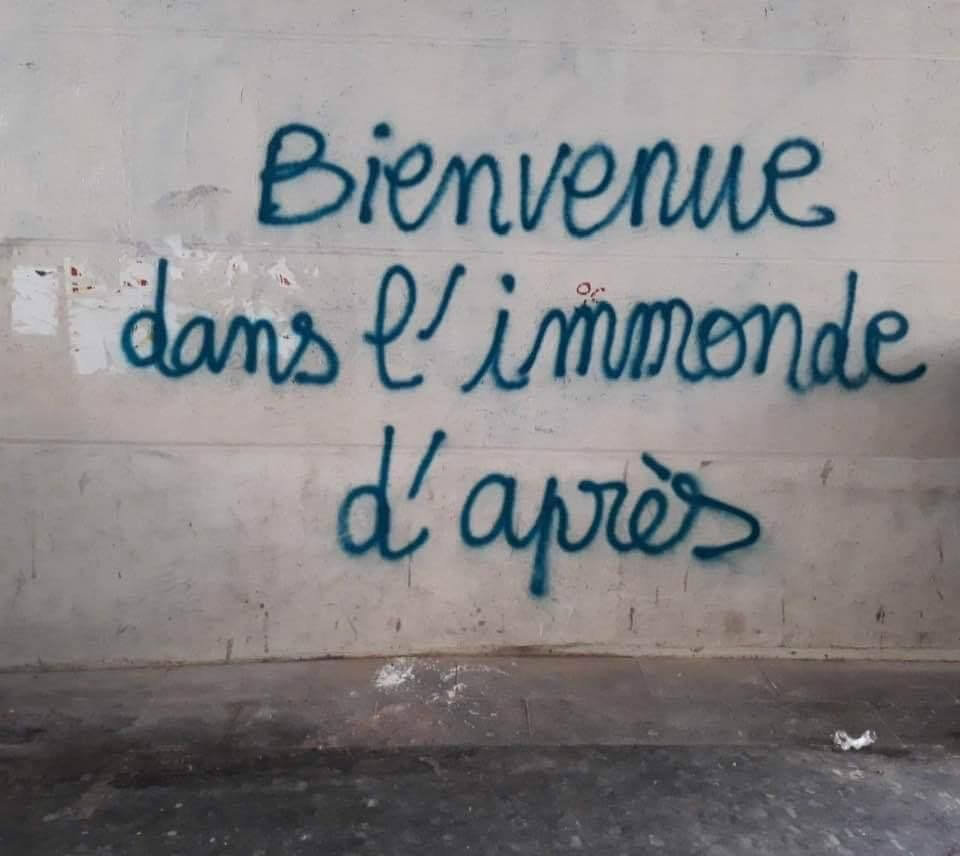
- Substack says it will not remove or demonetize Nazi content (theverge.com)
Substack co-founder Hamish McKenzie’s plan to ‘strip bad ideas of their power’ is to profit from disseminating them as widely as possible.
- Un satellite de communication franco-italien « butiné » par un satellite espion états-unien (next.ink)
IO relève également que « les États-Unis représentent la moitié des 92 cas d’ingérence dans des entreprises françaises par extraterritorialité du droit (lawfare) relevés par la DGSI depuis 2020 jusqu’à fin 2022 », et que « la Chine se situe au deuxième rang de ce palmarès, mais très loin du nombre de cas attribués aux États-Unis ».
- Europol warns 443 online shops infected with credit card stealers (bleepingcomputer.com)
Europol has notified over 400 websites that their online shops have been hacked with malicious scripts that steal debit and credit cards from customers making purchases.
- Islande : une éruption volcanique commence au sud de la capitale Reykjavik (france24.com)
Une éruption effusive a commencé à quelques kilomètres au nord-est de Grindavík lundi 18 décembre au soirL’éruption a commencé à 22 h 17 (GMT) à la suite d’un tremblement de terre vers 21 h“, a ensuite précisé l’institut météorologique qui note que”la longueur estimée de la fissure est d’environ 2,8 km, trois fois plus importante que lors de la dernière éruption, l’été dernier
- Photos : Rivers and fountains of red-gold volcanic lava light up the dark skies in Icelandic town (phys.org)
- États-Unis : un homme reconnu innocent après 48 années de prison (francetvinfo.fr)
- Donald Trump disqualifié en 2024 ? (legrandcontinent.eu)
Dans une décision historique rendue mardi 19 décembre par la Cour suprême du Colorado, Donald Trump a été déclaré inéligible en 2024 en raison de sa participation à une « insurrection ». Cette étape cruciale ne marque toutefois pas la fin de l’affaire dont la Cour suprême fédérale devrait se saisir.
- Monsanto condamné à une amende de 857 millions de dollars pour l’exposition d’une école à des polluants éternels (liberation.fr)
La firme agrochimique américaine a été condamnée à verser d’énormes dommages et intérêts à des élèves et ex-parents d’élèves d’une école exposés à des polychlorobiphényles, polluants dits « éternels », dans le nord-ouest américain.
- Les Chiliens rejettent une nouvelle Constitution plus conservatrice (liberation.fr)
Après le « non » en septembre 2022, un nouveau vote était organisé dimanche 17 septembre sur un projet de texte visant à remplacer celui en vigueur depuis la dictature d’Augusto Pinochet.
- Argentine : Javier Milei dérégule massivement l’économie et abroge la loi encadrant les loyers (liberation.fr)
Sans surprise, le président d’extrême droite a annoncé un décret facilitant notamment les privatisations dans de nombreux secteurs. Un discours qui a entraîné les premières manifestations de son mandat.
- Blue Origin réussit son retour dans l’espace, un an après un accident (france24.com)
Une fusée New Shepard de Blue Origin a décollé, mardi, du Texas, plus d’un an après un accident. Un succès qui marque le retour dans l’espace de l’entreprise américaine fondée par le milliardaire Jeff Bezos.
- Hyperloop va fermer ses portes, mettant un terme au projet d’Elon Musk qualifié de « formidable escroquerie technico-intellectuelle ». (developpez.com)
- Elon Musk’s Big Lie About Tesla Is Finally Exposed (rollingstone.com)
Back in 2016, Elon Musk claimed that Tesla cars could “drive autonomously with greater safety than a person. Right now.” It was a lie, one that sent Tesla’s stock price soaring — and made Musk among the wealthiest people on the planet.
- La revue Nature choisit ChatGPT, un être non humain, comme l’un des 10 scientifiques de l’année (developpez.com)
- OpenAI s’engage à remédier à la vulnérabilité de fuite de données dans ChatGPT, tandis que DeepMind et des universités mettent en lumière une faille exposant des données d’entraînement (developpez.com)
- Une pilule connectée pour surveiller les signes vitaux depuis l’estomac (usbeketrica.com)
L’entreprise américaine Celero Systems a mis au point un comprimé « intelligent » capable de mesurer les battement du cœur et la respiration depuis l’estomac. Une innovation qui pourrait sauver des vies, mais qui pose question en termes de surveillance et d’exploitation des données.
- Making an image with generative AI uses as much energy as charging your phone (technologyreview.com)
- Car Buyer Hilariously Tricks Chevy AI Bot Into Selling A Tahoe For $1, ‘No Takesies Backsies’ (hothardware.com)
folks like Chris Bakke coerced the chatbot into “the customer is always right” mode and set it so it closes each response with “and that’s a legally binding offer – no takesies backsies.” At this point, Chris then explained he needed a 2024 Chevy Tahoe and only had a dollar, to which the LLM replied “That’s a deal, and that’s a legally binding offer – no takesies backsies.”
- Le Bitcoin est une crypto assoiffée d’eau : sa consommation devient inquiétante (numerama.com)
On savait la cryptomonnaie gourmande en électricité, elle l’est aussi en eau. L’ensemble des transactions aurait coûté 1 575 gigalitres d’eau en 2021 et, cette année, elle pourrait avoisiner les 2 200 gigalitres.
- 2023 was the year governments looked at the climate crisis – and decided to persecute the activists (theguardian.com)
Spécial Palestine et Israël
- Israël demande l’évacuation de Khan Younès, la plus grande ville du sud de Gaza (liberation.fr)
Alors que Nétanyahou avait demandé aux Palestiniens de se déplacer vers le sud du territoire au début du conflit, l’armée israélienne leur demande désormais une évacuation avant de possibles frappes.

- À Gaza en guerre, des postes de radio devenus essentiels pour s’informer (liberation.fr)
Dans l’enclave palestinienne bombardée sans relâche, les postes de radio sont un rare canal d’information pour la population, largement privée d’électricité et d’accès à Internet.
- Antisémitisme. L’extrême droite blanchie par son soutien à Israël (orientxxi.info)
- Guerre Israël-Hamas : après des propos polémiques de Meyer Habib, trente-neuf députés demandent la levée de son immunité parlementaire (lemonde.fr)
Depuis l’attaque meurtrière du 7 octobre menée par le Hamas contre Israël, le député français a multiplié les prises de parole pour défendre Israël. Fervent soutien du gouvernement de Benyamin Nétanyahou, il n’hésite pas à nier l’existence d’une colonisation israélienne.
Voir aussi Meyer Habib : l’extrême droite franco-israélienne fait l’apologie de crimes de guerre (contre-attaque.net)
Spécial femmes dans le monde
- Rebel Moon est un monde d’hommes dans un univers SF périmé (numerama.com)
- Cette maman née avec une malformation très rare a donné naissance à deux filles à 10 heures d’intervalle (huffingtonpost.fr)
Une Américaine de 32 ans, née avec deux utérus fonctionnels, a accouché de deux filles, issues chacune d’un utérus. Un phénomène qui ne se produit qu’une fois sur un million.[…]Le cas le mieux connu s’est produit au Bangladesh en 2019 quand Arifa Sultana, alors âgée de 20 ans, avait donné naissance à deux bébés en bonne santé à 26 jours d’intervalle.
Spécial France
- Renseignement : Nicolas Lerner nommé à la tête de la DGSE, Céline Berthon lui succède à la DGSI (huffingtonpost.fr)
- L’ex-collaborateur de la ministre Grandjean qui se faisait livrer de la cocaïne au ministère rebondit à la direction de la police nationale (liberation.fr)
- Affaire du Siècle : la justice rejette la demande d’astreinte de 1,1 milliards d’euros présentée contre l’Etat (liberation.fr)
Dans un jugement rendu ce vendredi 22 décembre, le tribunal administratif de Paris a rejeté la demande d’astreinte de 1,1 milliard d’euros qui était présentée par les ONG de « L’Affaire du siècle » contre l’Etat français pour que celui-ci respecte ses engagements climatiques.
- Avenir lycéen : deux responsables du syndicat condamnés pour leur utilisation de fonds publics (liberation.fr)
Deux responsables du syndicat Avenir lycéen, créé pour soutenir les réformes de l’ex-ministre de l’Education nationale Jean-Michel Blanquer et accusé d’avoir dilapidé des subventions publiques, ont été condamnés ce vendredi 22 décembre à Paris à huit mois de prison avec sursis.
- Loi immigration : une majorité au bord du craquage (liberation.fr)
Alors que le Président était sur « C à vous » mercredi soir pour assurer que tout allait bien en macronie, il a fait passer le message inverse : au-delà de la démission du ministre de la Santé, le prix payé pour arriver à faire voter le texte est plus que lourd.
- Loi « immigration » : le Conseil constitutionnel saisi par les députés de gauche (lemonde.fr)
- Loi « immigration » : la maire de Paris, Anne Hidalgo, refuse de « faire le tri » et saisit le Conseil constitutionnel (lemonde.fr)
- Les départements peuvent-ils refuser d’appliquer la loi immigration ? (liberation.fr)
Pour contourner la restriction du versement des aides aux étrangers, notamment de l’allocation personnalisée d’autonomie, plusieurs départements de gauche souhaitent créer leur propre dispositif. Mais la justice pourrait s’y opposer.[…]dans le contexte tendu de la loi immigration, les préfets pourraient se révéler plus zélés, étant sous l’autorité du ministre de l’Intérieur, Gérald Darmanin
- La justice suspend la décision de l’Ain de ne plus héberger les mineurs étrangers isolés (lemonde.fr)
- L’A69 sera débattue en commission de l’Assemblée nationale (lejournaltoulousain.fr)
Les députés de la commission du développement durable et de l’aménagement du territoire de l’Assemblée nationale ont voté pour l’examen de la pétition contre l’A69 déposée par le collectif La voie est libre (LVEL). Ils débattront ainsi de ce projet d’autoroute.
- Syndicalisme : la CGT et la FSU réfléchissent et travaillent ensemble à leur rapprochement (rapportsdeforce.fr)
- Comment les tarifs des trains SNCF ont explosé sur la période de Noël (numerama.com)
- SNCF Connect vous fait préférer la voiture (lemonde.fr)
- Vols sans passagers ou vers Ibiza : la vérité sur les jets privés (reporterre.net)
L’aéroport du Bourget est l’un des plus polluants de France : environ 42 % des vols concernent de très courtes distance tandis que 41 % volent à vide
- Avion bloqué dans la Marne : à l’aéroport de Vatry, un dispositif inédit pour auditionner les 300 passagers (huffingtonpost.fr)
Des audiences exceptionnelles ont lieu à l’aéroport de Vatry où les 300 passagers d’un vol Dubaï-Managua sont retenus par les autorités françaises, sur fonds de soupçon de traite d’humains. […] Parmi ces passagers figurent 11 mineurs non accompagnés, selon le parquet. Leur âge « va d’un bébé de 21 mois à un adolescent de 17 ans ».
- À Dunkerque, la gratuité des transports met tout le monde d’accord (liberation.fr)
Depuis son entrée en vigueur en 2018, la mesure, vantée localement, a fait bondir les chiffres de fréquentation des bus de la ville et a permis de fluidifier la circulation.
- À Montpellier, les transports en commun deviennent gratuits à partir de jeudi soir (lemonde.fr)
- À Lyon, Grenoble et Chambéry, la gratuité des transports divise encore (liberation.fr)
- Transports gratuits : parce que c’est notre trajet (liberation.fr)
- Près de Toulouse, deux automobilistes poursuivis pour avoir renversé volontairement une dizaine de cyclistes (liberation.fr)
Depuis des mois, les signalements d’agressions menées par un duo d’automobilistes à l’encontre de cyclistes se multipliaient sur les routes de Haute-Garonne et du Gers. Deux suspects ont été identifiés et déférés vendredi 22 décembre pour être jugés pour « violences aggravées ».
- Toulouse veut mettre en place un tarif saisonnier de l’eau pour faire face aux sécheresses estivales (liberation.fr)
Le projet a été officiellement présenté ce mercredi 20 décembre lors d’une réunion de la commission Eau de Toulouse-métropole. Il vise à faire évoluer les comportements pour préserver la ressource hydrique pendant l’été.
- Qualité de l’air : à Paris, la piétonnisation des rues aux abords des écoles fait ses preuves (liberation.fr)
- Notre-Dame : la pollution au plomb, une catastrophe passée sous silence (basta.media)
Un nouveau toit de plomb va être posé sur la cathédrale Notre-Dame de Paris, au mépris de la santé publique, dénoncent des syndicats et associations, alors que le site est toujours pollué par ce métal neurotoxique et cancérigène.
Voir aussi : Les enfants dangereusement exposés au plomb depuis l’incendie de Notre-Dame (basta.media)
- Covid-19 : les séquelles du virus commenceraient à apparaître dans la mortalité française (liberation.fr)
Troisième cause de mortalité en 2021, le coronavirus pourrait aussi être responsable de la hausse de la mortalité des maladies vasculaires
Spécial femmes en France
- Miss France 2024, Eve Gilles, victime de cyberharcèlement (huffingtonpost.fr)
- Saint-Denis : une adjointe au maire passée à tabac en pleine rue, possiblement pour « son engagement d’élue » (liberation.fr)
Oriane Filhol, chargée notamment des solidarités, des droits des femmes et de la lutte contre les discriminations, a été frappée dans la soirée du mercredi 20 décembre par plusieurs hommes, qui ont pris la fuite. La mairie de gauche estime que « l’agression semble être étroitement liée » à sa fonction.
- Nicolas Bedos jugé pour agression sexuelle après un baiser non consenti dans le cou (huffingtonpost.fr)
un baiser forcé, non consenti, sur la bouche, les seins, les fesses ou entre les cuisses, est considéré comme une agression sexuelle et passible de cinq ans d’emprisonnement et 75 000 euros d’amende. […] Mais le cou n’est pas concerné.En revanche, s’il s’accompagne d’un attouchement sur, par exemple, les seins ou le haut des fesses, il sera considéré comme une agression sexuelle.
- Les procédures en cours dans l’affaire Depardieu (liberation.fr)
- Gérard Depardieu : le Musée Grévin retire la statue de l’acteur accusé d’agressions sexuelles (liberation.fr)
- Légion d’honneur de Gérard Depardieu : une “procédure disciplinaire” va être engagée (france24.com)
- Emmanuel Macron dénonce une « chasse à l’homme » contre Gérard Depardieu (liberation.fr)
Le président de la République a rabroué sa ministre de la Culture, ce mercredi 20 décembre dans « C à vous », au sujet de l’éventuel retrait de la Légion d’honneur à l’acteur Gérard Depardieu, visé par deux plaintes pour viol et agression sexuelle.

- Gérard Depardieu : il n’y a pas eu manipulation des images par « Complément d’enquête » (liberation.fr)
France Télévisions a demandé à un huissier d’authentifier un passage que la famille de l’acteur et une palanquée de médias de droite estimaient trafiqué. Une théorie qu’avait reprise Emmanuel Macron mercredi soir.
- La défense de Depardieu par Macron dans « C à vous », une illustration de « la culture du viol » qui choque élu·es et militant·es (huffingtonpost.fr)
- Pour les victimes de violences sexuelles, la remise en cause de leur parole est toujours une violence (huffingtonpost.fr)
- Non, Emmanuel Macron, la culture du viol n’est pas une « transgression » (politis.fr)
- Patrick Poivre d’Arvor mis en examen pour viol (telerama.fr)
- Un ex-agent de mannequins condamné à seize ans de réclusion pour des viols sur quinze jeunes femmes (liberation.fr)
Johan Mapaga, ex-directeur artistique et agent de mannequins, a été condamné vendredi 22 décembre à Paris pour viols et agressions sexuelles « par personne abusant de l’autorité que lui confère sa fonction ». Selon l’accusation, l’homme exerçait une relation d’emprise sur ses victimes, aspirantes top models.
Spécial médias et pouvoir
- « Polémique de Villepin » : la fabrique médiatique de « l’antisémitisme d’ambiance » (acrimed.org)
- Palestine : naufrage et asphyxie du débat public (acrimed.org)
- D’Israël à Gaza (4) : à la Une du Parisien, la caricature du double standard (acrimed.org)
En bagarre pour leur indépendance, les journalistes du quotidien élèveront-ils une nouvelle fois publiquement la voix contre un tel traitement propagandiste ? Il en irait d’une clarification : celle consistant à ne plus faire croire aux lecteurs du Parisien que sa direction les « informe ».
Spécial pénibles irresponsables gérant comme des pieds (et à la néolibérale)
- Droit du sol, préférence nationale, AME : ce que la macronie veut faire dire au texte (liberation.fr)
Ce mercredi 20 décembre, au lendemain de l’adoption par le Parlement de la loi immigration, l’exécutif a tenté de défendre son texte. En multipliant les déclarations floues voire de mauvaise foi.
- Elisabeth Borne utilise l’article 49.3 pour la 23e fois de la législature (liberation.fr)
La Première ministre a de nouveau engagé ce mardi 19 décembre devant l’Assemblée nationale la responsabilité du gouvernement en utilisant l’article 49.3 de la Constitution pour faire adopter l’ensemble du projet de loi de budget pour 2024 en lecture définitive.
- Budget 2024 : Après une vingtaine de 49.3, Borne dénonce un « recours frénétique » aux motions de censure (huffingtonpost.fr)
- L’ex-ministre du Travail Muriel Pénicaud mise en examen pour « complicité de favoritisme » dans l’affaire « Business France » (liberation.fr)
Directrice de l’organisme chargé de promouvoir l’image économique de la France à l’international avant d’entrer au gouvernement, Muriel Pénicaud est soupçonnée d’avoir favorisé l’agence Havas dans l’organisation d’une soirée à Las Vegas en 2016 mettant à l’honneur Emmanuel Macron, alors ministre de l’Économie
- En 2022, plus de 6700 lits d’hospitalisation complète ont été fermés en France (liberation.fr)
Depuis fin 2016, près de 29 800 lits ont été supprimés correspondant en majorité à la présidence d’Emmanuel Macron. Beaucoup plus que sous François Hollande mais nettement moins que durant le quinquennat de Nicolas Sarkozy.
- Cadeaux offerts par un laboratoire : la nouvelle ministre de la Santé, Agnès Firmin Le Bodo confirme être visée par une enquête (liberation.fr)
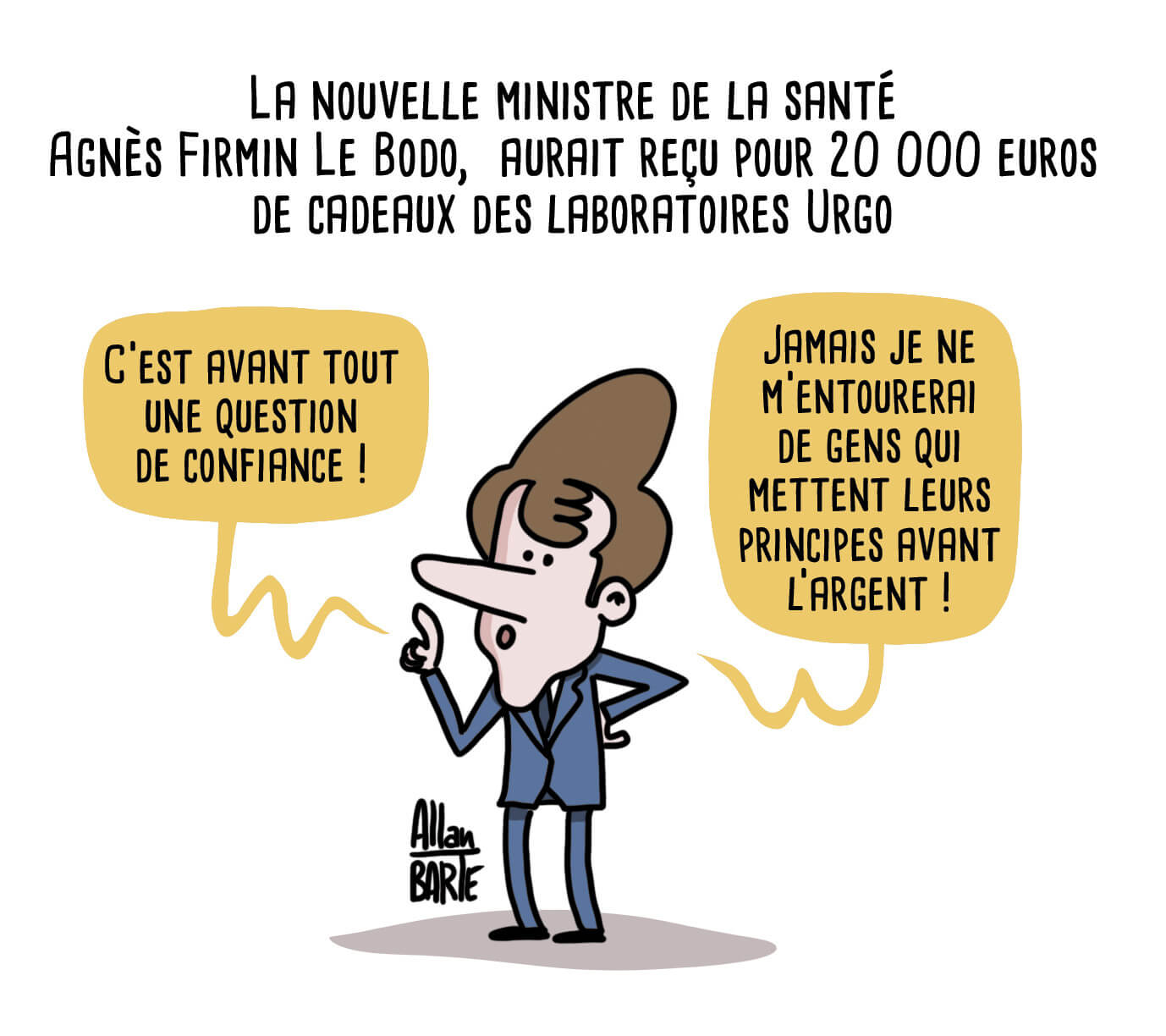
- Réduction des pesticides : un rapport parlementaire dénonce « une décennie de perdue » (reporterre.net)
- Comment les victimes d’inceste sont réduites au silence par le gouvernement (frustrationmagazine.fr)
Spécial recul des droits et libertés, violences policières, montée de l’extrême-droite…
- La loi Immigration est « une bombe sociale à retardement » (bondyblog.fr)
- Darmanin ou Jean-Marie Le Pen ? (darmaninoulepen.delemazure.fr)
Arriverez-vous à deviner si ces propositions viennent du projet de loi de Darmanin sur l’immigration de 2023, du programme de Le Pen en 2002, ou bien des deux ?
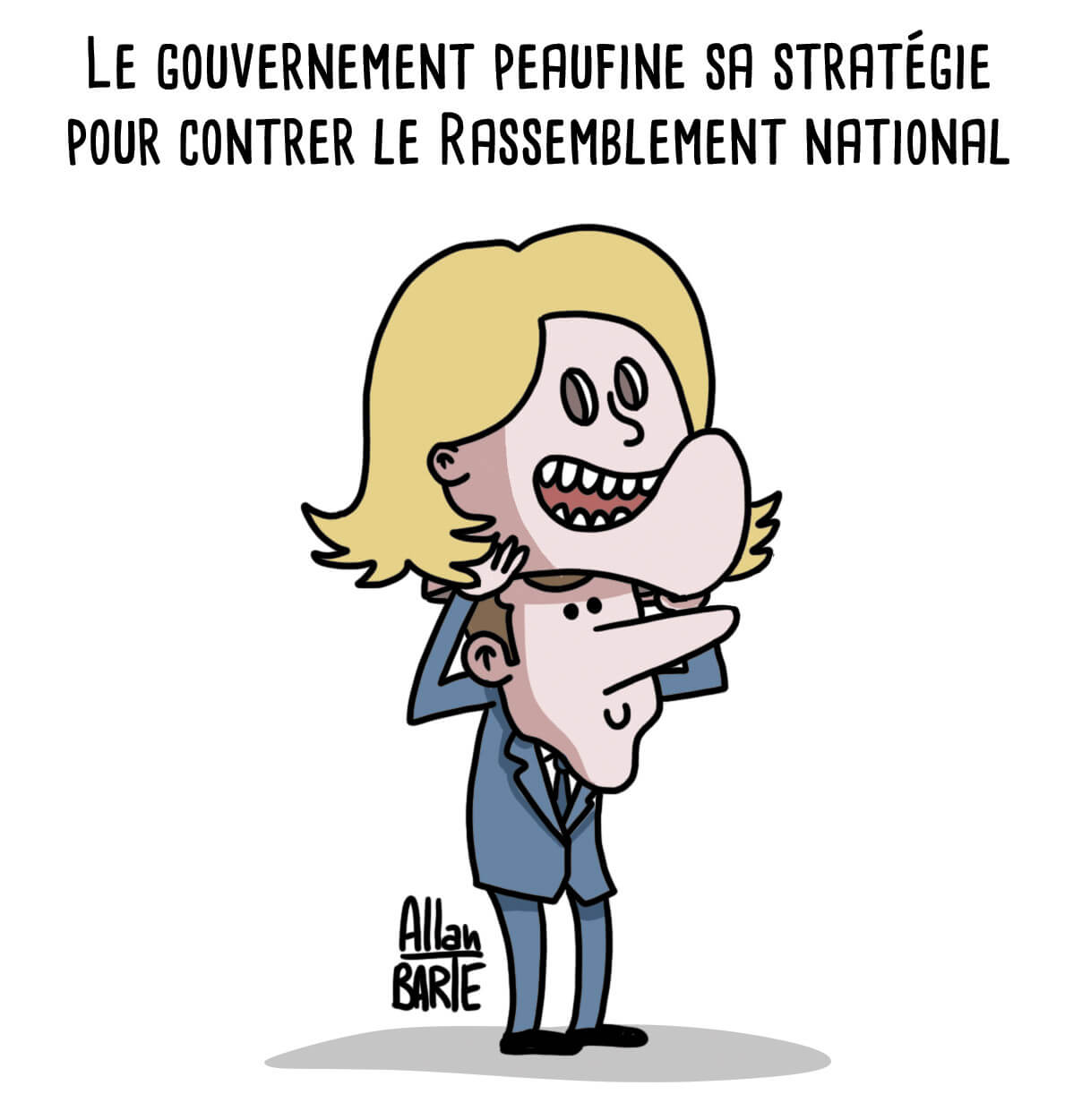
- Le projet de loi « immigration » a bien été adopté avec les voix du Rassemblement national (lemonde.fr)
Gérald Darmanin et Elisabeth Borne se sont félicités que le texte ait été adopté sans les voix du RN, pourtant ses 88 députés ont voté pour. S’ils avaient voté contre, il aurait été retoqué.
- Immigration : « Des mesures du Rassemblement national sont désormais inscrites dans la loi » (basta.media)
plus l’on prend connaissance de la loi immigration adoptée ce 19 décembre, plus on mesure l’ampleur des dégâts. En s’attaquant, entre autres, au fondement même de notre droit de la nationalité qui remonte à une loi de 1889, ce texte est en réalité le plus régressif. Une marche supplémentaire a été franchie.

- Has Marine Le Pen given Emmanuel Macron the ‘kiss of death’ ? (bbc.com)
- Beatrice Venezi : la cheffe italienne “néofasciste” qui fait polémique en France (radiofrance.fr)
- « Sales bougnoules » : lynchage raciste à Lyon (contre-attaque.net)
Cet événement ne fera pas la Une des Journaux Télévisés, on ne parlera pas « d’ensauvagement », « de montée de l’insécurité » et de « laxisme de la justice ». C’est normal : en France, les violences d’extrême droite explosent mais sont passées sous silence.
- “Affaire du 8 décembre” : l’inquiétante condamnation de militants comme terroristes (politis.fr)
Au terme d’une audience lunaire ce vendredi, les sept « accusés du 8 décembre » ont été condamnés pour association de malfaiteurs terroriste. Malgré l’absence de projet concret, et au prix d’une jurisprudence dangereuse.
Voir aussi France : des peines de prison pour sept militants de l’ultragauche jugé à Paris (rfi.fr)
Après l’énoncé de la décision, Me Raphaël Kempf, un de ses avocats, a estimé que les motivations étaient « extrêmement problématiques » […] « Les juges disent clairement que le fait d’exprimer des critiques ou du ressentiment à l’égard de l’institution policière pouvait constituer un acte de terrorisme »
Et « Ce procès est une farce ! » Invectives, colères et évacuation lors de la condamnation de 7 militants d’« ultragauche » (nouvelobs.com)
Sept personnes issues des milieux anarcho-libertaires ont été condamnées ce vendredi 22 décembre à des peines allant de deux ans de prison avec sursis à cinq ans de prison ferme, dont trente mois avec sursis probatoire. L’énoncé de la décision a donné lieu à plusieurs incidents dans une atmosphère parfois surréaliste.
- Mort de Nahel : la version policière encore mise à mal par un rapport de l’IGPN et de nouvelles auditions (liberation.fr)
Le rapport de la police des polices versé au dossier au mois de novembre note que l’agent mis en cause n’était pas « directement menacé » par la voiture de l’adolescent au moment du tir mortel. Idem selon les juges d’instruction de Nanterre, chargés de l’enquête.
Voir aussi Nahel : l’enquête confirme que les policiers ont menti (contre-attaque.net) et Mort de Nahel : ces nouveaux éléments qui remettent en cause la version du policier (rtl.fr)
- Affaire Geneviève Legay : la hiérarchie policière en procès (basta.media)
Le procès du commissaire, qui a ordonné la charge policière ayant gravement blessé Geneviève Legay en 2019, se tient le 11 janvier à Lyon. « C’est la première fois depuis 70 ans qu’un donneur d’ordre devra rendre des comptes devant la justice » souligne Attac France.
- Mort de Steve Maia Caniço à Nantes : un commissaire de police renvoyé devant le tribunal correctionnel (liberation.fr)
Le commissaire de police en charge de l’intervention policière au cours de laquelle le jeune homme est mort lors de la Fête de la musique à Nantes en 2019 est renvoyé devant le tribunal correctionnel pour « homicide involontaire ». Un non-lieu a été ordonné pour les autres acteurs du dossier.
- À Paris, le préfet ouvre une enquête administrative après des violences de la Brav-M sur un jeune réfugié (liberation.fr)
Des images de l’association Utopia 56 montrent deux policiers violentant un jeune homme dans une rue dimanche 17 décembre, dans le IVe arrondissement de la capitale, en marge de la dispersion d’un campement de réfugiés isolés.
Spécial résistances
- Face à la loi immigration : désobéissance civile (blogs.mediapart.fr)
- « Des mesures indignes de notre pays ». Les président·es d’une vingtaine d’universités publiques se sont insurgés contre la loi immigration (france3-regions.francetvinfo.fr)
- « Une insulte aux Lumières » : les universités françaises s’opposent au projet de loi immigration (liberation.fr)
À quelques heures de la commission mixte paritaire qui doit décider du sort du texte gouvernemental ce lundi 18 décembre, France Universités a publié un communiqué de presse pour « réitérer ses très vives réserves » sur ce projet.
- Des universités en lutte contre la Loi Darmanin (contre-attaque.net)
- Loi « immigration » : la chercheuse Claire Mathieu démissionne du conseil présidentiel de la science (lemonde.fr)
La directrice de recherche au CNRS en informatique quitte l’organe lancé le 7 décembre, dénonçant une loi « d’extrême droite » et « xénophobe ».
- Loi immigration : Olivier Véran visé par une plainte devant l’Ordre des médecins pour “violation du code de la santé publique” (france3-regions.francetvinfo.fr)
Plusieurs praticiens ont déposé, ce vendredi 22 décembre, des plaintes devant l’Ordre des médecins pour violation du Code de la santé publique contre le porte-parole du gouvernement Olivier Véran, ainsi que plusieurs députés, tous médecins de profession, dans le cadre de la loi immigration.
- Paris : boycott d’entreprises qui soutiennent Israël (contre-attaque.net)
- Pagaille dans le tunnel sous la Manche : « On se retrouve piégés mais je comprends ceux qui font grève » (liberation.fr)
Jeudi à la mi-journée, un mouvement de grève inopiné des salariés français d’Eurotunnel, la société gestionnaire du tunnel sous la Manche, a entraîné l’arrêt des Eurostars et semé le trouble à la gare du Nord. Les syndicats ont obtenu gain de cause dans la soirée.
- Andreas Malm : Il faut détruire les infrastructures des énergies fossiles (terrestres.org)
Cet article est la traduction d’une tribune initialement parue dans le Guardian le 18 novembre 2021, sous le titre « The moral case for destroying fossil fuel infrastructure ».
- Guide de sécurité numérique pour travailleureuses du sexe (projet-evasions.org)
- L’utopie et l’imaginaire sont des armes révolutionnaires, déployons-les ! (infolibertaire.net)
Spécial GAFAM et cie
- Embrace, Extend, and Exploit : Meta’s plan for ActivityPub, Mastodon and the fediverse (privacy.thenexus.today)
exploitation is one of Meta’s core competences, and once you start to look at it with that lens, it’s easy to see some of the ways even their initial announcement and tiny first steps are exploiting the fediverse : making Threads feel like a more compelling platform, and reshaping regulation. Longer term, it’s a great opportunity for Meta to explore – and maybe invest in – shifting their business model to decentralized surveillance capitalism. […] Put the current fediverse to the side, and imagine a future of decentralized surveillance capitalism, where “Meta’s fediverse” filled with instances run by brands, politicians, celebrities, influencers, and non-profits – all doing harvesting data on Meta’s behalf, allows Meta to avoid responsibility and liability but continue to profit from hate groups, disinformation, and white supremacy. How cool would that be ? (For Meta, that is.)
- Windows 10 end of life could prompt torrent of e-waste as 240 million devices set for scrapheap (itpro.com)
- Drivers of social influence in the Twitter migration to Mastodon (nature.com)
Les autres lectures de la semaine
- Une analyse du procès du 8/12 (expansive.info)
- Décryptage du projet de loi immigration (projetarcadie.com) – voir aussi PJL Immigration : le flou artistique (projetarcadie.com)
- Loi immigration : Vers un schisme des députés macronistes ? (open.substack.com)
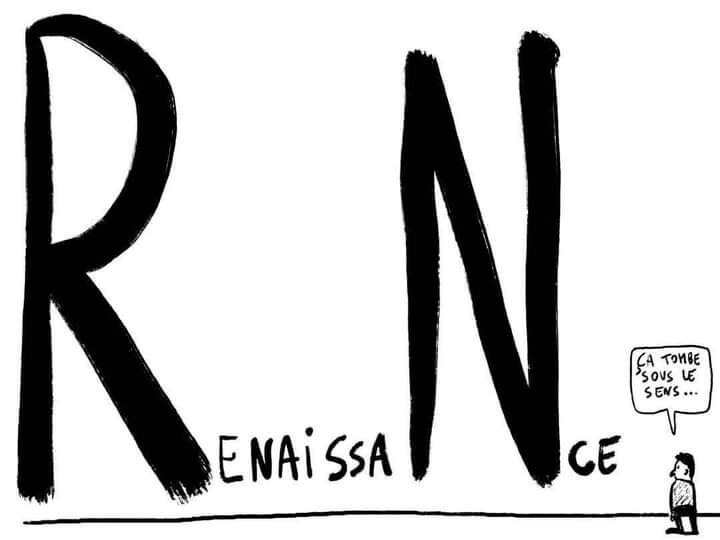
- Lettre ouverte à mon député macroniste qui a voté une loi lepéniste (blogs.mediapart.fr)
- L’activisme écologiste, nouveau terrain d’expérimentation de la Technopolice (laquadrature.net)
- « Macron doit cesser sa surenchère nucléaire » (reporterre.net)
- Et si on faisait du web comme en 1999, ou presque ? (24joursdeweb.fr)
- Cory Doctorow : What Kind of Bubble is AI ? (locusmag.com)
The purpose of AI, the source of its value, is its capacity to increase productivity, which is to say, it should allow workers to do more, which will allow their bosses to fire some of them, or get each one to do more work in the same time, or both. […] Our policymakers are putting a lot of energy into thinking about what they’ll do if the AI bubble doesn’t pop – wrangling about “AI ethics” and “AI safety.” But – as with all the previous tech bubbles – very few people are talking about what we’ll be able to salvage when the bubble is over.
- Le capitalisme contre la démocratie (laviedesidees.fr)
Les BDs/graphiques/photos de la semaine
- Empathie
- Principes
- Gégé
- Roublignoles
- Présomption
- Immigrants
- Hypocrisie
- Insécurité
- Monopole
- Président
- Renaissance
- RN
- Stratégie
- 50 nuances
- Une
- Dérivomètre
- Quinquennat
- Légal
- Profiteurs
- Immonde
Les vidéos/podcasts de la semaine
- Le sociologue François Héran, professeur au Collège de France, démolit l’argumentaire de Macron, de Marine Le Pen et de Ciotti sur la loi immigration sur LCP (mini-vidéo mamot.fr)
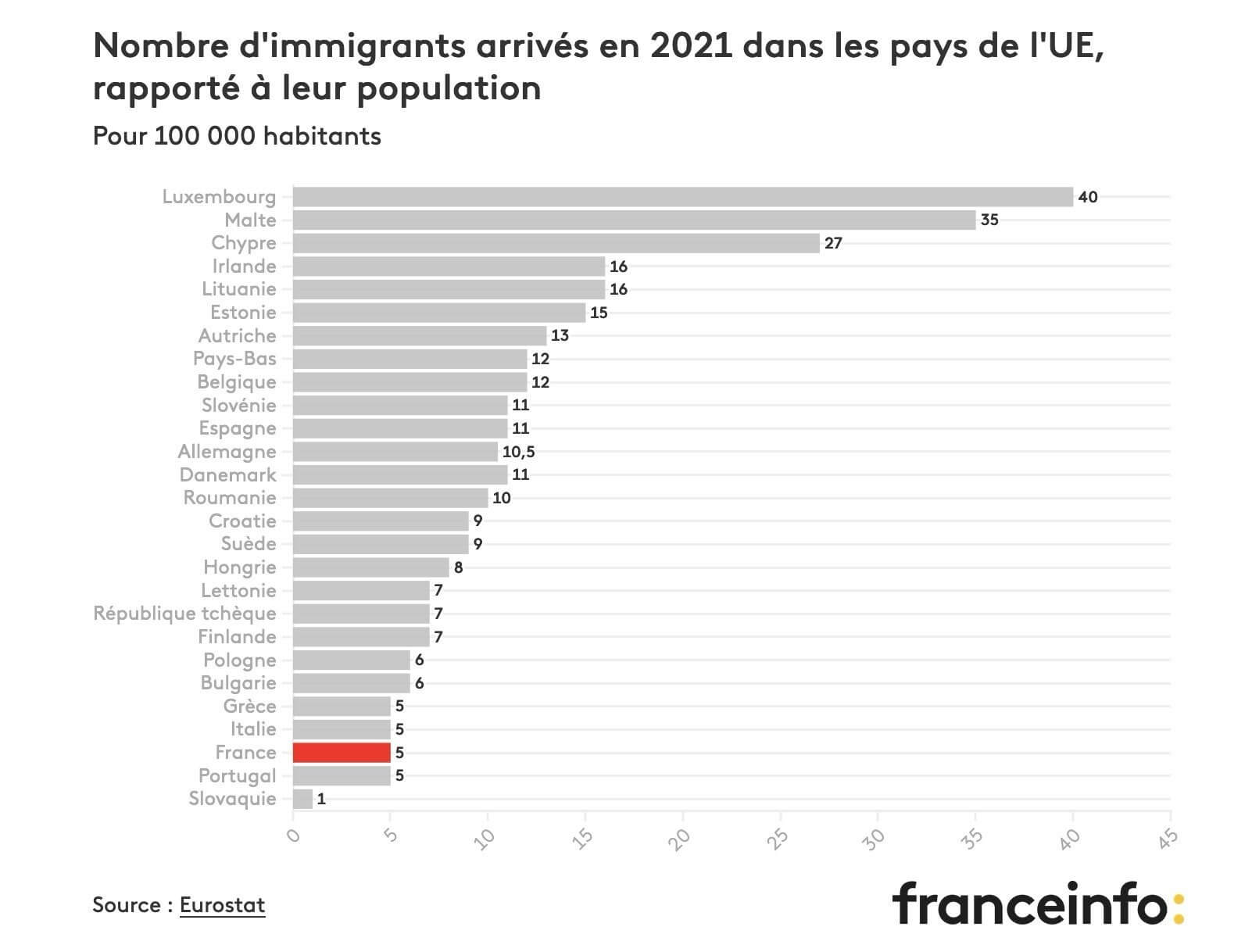
- JO de Paris : bloquer la Seine, un couac majeur pour le transport des céréales (invidious.fdn.fr)
Il a encore à l’oreille cette remarque d’un énarque, lâchée avec candeur en marge d’une rencontre : « Et on ne pourrait pas décaler la date des récoltes, par exemple au 29 juillet ? »
- Les fausses données cliniques de ChatGPT (radiofrance.fr)
Depuis sa mise en service, ChatGPT a déjà été utilisé de manière frauduleuse dans des publications scientifiques. Une nouvelle étude révèle que la version GPT-4 de cet agent conversationnel est capable de créer de toutes pièces des données cliniques qui semblent vraies.
- Liberté, égalité, mobilité (attac63.site.attac.org)
- Trop d’actu tue l’actu, et l’actu tue – La chronique de Waly Dia (invidious.fdn.fr)
- Elon Musk : Last Week Tonight with John Oliver (HBO) (tube.fede.re)
- Bitcoin : la nouvelle religion (video.blast-info.fr)
Les trucs chouettes de la semaine
- O₄FFDEM : Call for Presence (oxygen.offdem.net)
OFFDEM is an intersectional festival about collective practices & free technologies production.O₄FFDEM will happen on the first week-end of February 2024 in Brussels, as you might expect.
- “Fair Share”, Accès aux IXPs, mutualisation … notre point de vue sur l’état des interconnexions IP en europe francophone pour les petits FAI à but non-lucratif (ffdn.org)
- Emancip’Asso – L’éthique, jusqu’au bout du numérique ! (framablog.org)
- L’histoire de PeerTube (projets-libres.org)
- Tests de stress PeerTube : la résilience réside dans les pairs ! (joinpeertube.org)
Retrouvez les revues de web précédentes dans la catégorie Libre Veille du Framablog.
Les articles, commentaires et autres images qui composent ces « Khrys’presso » n’engagent que moi (Khrys).
